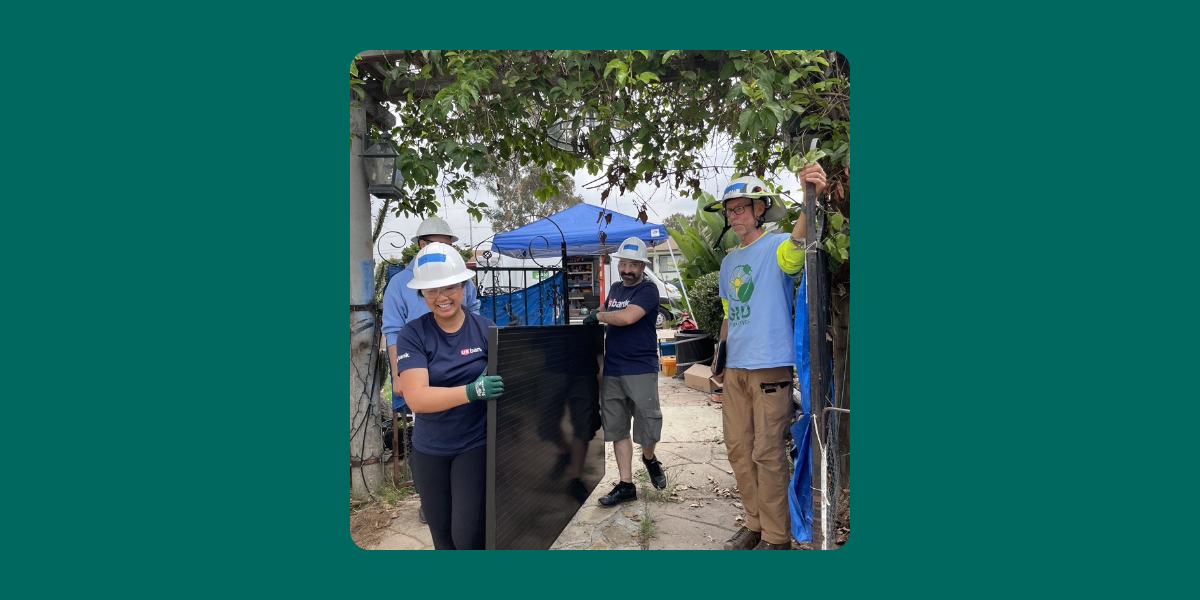Among the many effects of climate change, increased air pollution has a direct impact on all our communities, particularly the most vulnerable. Poor air quality is a leading cause of numerous health concerns, including chronic illness, heart disease, and other life-threatening conditions.
Thanks to new legislation passed in July 2017, California Governor Jerry Brown has extended pollution restrictions and improved air quality at the community level.
AB398 extends California’s historic cap-and-trade program for carbon dioxide emissions through 2030, while AB617 will reduce air polluting emissions beyond those that are regulated by the cap-and-trade program. Overall, these two bills extend the duration of regulations on greenhouse gas emissions that affect air quality and lead to increased health issues in our region.
In addition, more resources will be sent to our most disadvantaged and low-income communities, making California’s approach to climate action more equitable.
This important legislation demonstrates California’s continued leadership on climate change and commitment to equity.
San Diego Leading the Charge
The Global Warming Solutions Act of 2006 mandated that California reduce greenhouse gas emissions to the levels of 1990. California is on track to meet these goals thanks to the success of the cap-and-trade program and local climate action from regions such as San Diego.
The San Diego Foundation’s Climate Initiative supports our region’s communities in developing robust, equitable climate action plans through technical assistance, cross-sector convenings and localized climate research. We also supported a region-wide modeling tool developed by the Energy Policy Initiatives Center at the University of San Diego that assisted 16 of our region’s 18 cities in developing climate action plans.
Did you know the City of San Diego is the largest US city with a 100% renewable energy goal by 2035? Other cities in our region that have adopted a climate action plan include:
- Chula Vista
- National City
- Carlsbad
- Encinitas
- Del Mar
- Vista
- San Marcos
- Escondido
The San Diego Foundation’s $3.5 million investment has helped prepare our region for climate change and now aligns with the goals of the new legislation.
For example, we recently released a report, Climate Resilience: Vulnerable Populations, in partnership with Climate Education Partners that highlights how climate change often impacts our most vulnerable communities, including the elderly, youth and low-income families.
Through community-based air quality monitoring at the world’s busiest land border crossing, the San Ysidro Port of Entry, researchers found that emissions from long vehicle delays at the border have negative health impacts in neighboring communities. The findings, led by researchers from San Diego State University and supported by The San Diego Foundation Blasker Rose Miah Fund, also reveal that the border activity is a larger contributor to our region’s overall greenhouse gas emissions and further drives climate change.
Collaborative Commitment
The San Diego Foundation joins government leaders in this collaborative, statewide effort to ensure clean air and water, and reduce the subsequent community health impacts.
However, climate change remains a pressing issue. We encourage you to be a part of the solution by supporting the work of The San Diego Foundation and its partners in making the San Diego region a leader in addressing climate change impacts.
Invest in the future of San Diego
How much do you know about the impacts of climate change in the San Diego region? Take our True or False Quiz to test your knowledge!





Take our True or False Quiz to test your knowledge!